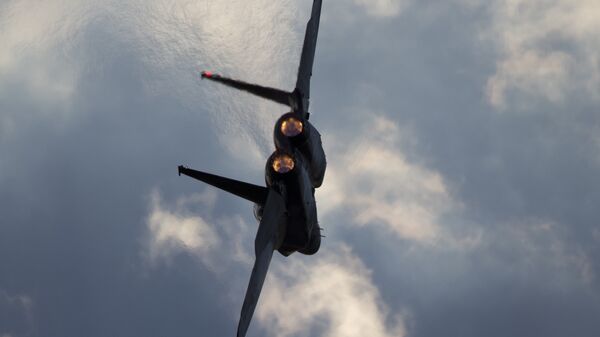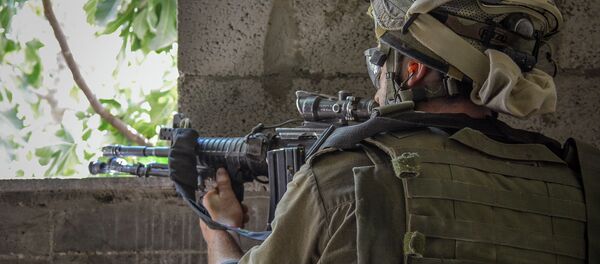India, Greece, Poland, France, Italy, the US and Germany will participate in the two-week Blue Flag air exercises, held every other year.
"It will be a massive exercise; the biggest ever for the IAF," Defense News quoted IAF International Affairs Chief Lt. Col. Richard Hecht saying. "Seven nations plus Israel … Everybody wants to engage and cooperate with the IAF. It’s a privilege."
Representatives from 40 other nations are set to act as observers in this year’s Blue Flag and four of the seven participants will be taking part in the exercises for the first time.
The original drill was held in 2013, and was continued as a quadrilateral exercise in 2015 with Greece, Poland and the US.
"People are seeing there’s a lot to learn from Israel," Hecht remarked. "In our tiny airspace and in the environment around us, things are so intense. The Russians are here. … Many of the world’s air forces are passing through here on their way to operations in Syria and elsewhere in the region. So we provide a sort of battle lab in which forces can hone a spectrum of skills needed to combat growing threats."
Israel’s Blue Flag is not a combat drill like the US Air Force’s Red Flag drill, pitting flying forces against each other, but is in place to help foster cooperation and satisfy different requirements for the forces.
"It’s not a competitive event. It’s about partnerships, and we tailor parts of the drill to fit each nation’s requirements … And it's not only the exercise itself but the buildup to the exercise where you have all these nations planning together, getting to know one another, building relationships and talking about how we fight," Hecht clarified.
Planning conferences for the event are scheduled throughout the year, with the first having taken place in February.
According to Hecht this gives aircrews, rank and file airmen and lower level officers the opportunity to engage the kind of cooperation that usually only higher-ranking officers have access to.
"It’s a difference when generals meet generals to discuss cooperation and when large numbers of fighting forces actually come together to plan and train together," he said. "When that happens, it’s a different ballgame."
The participants will conduct hundreds of sorties in Israeli airspace, practicing ground attacks on moving and stationary targets, maneuvering from shoulder-launched missiles, surface-to-air batteries as well as practicing air-to-air battles.




